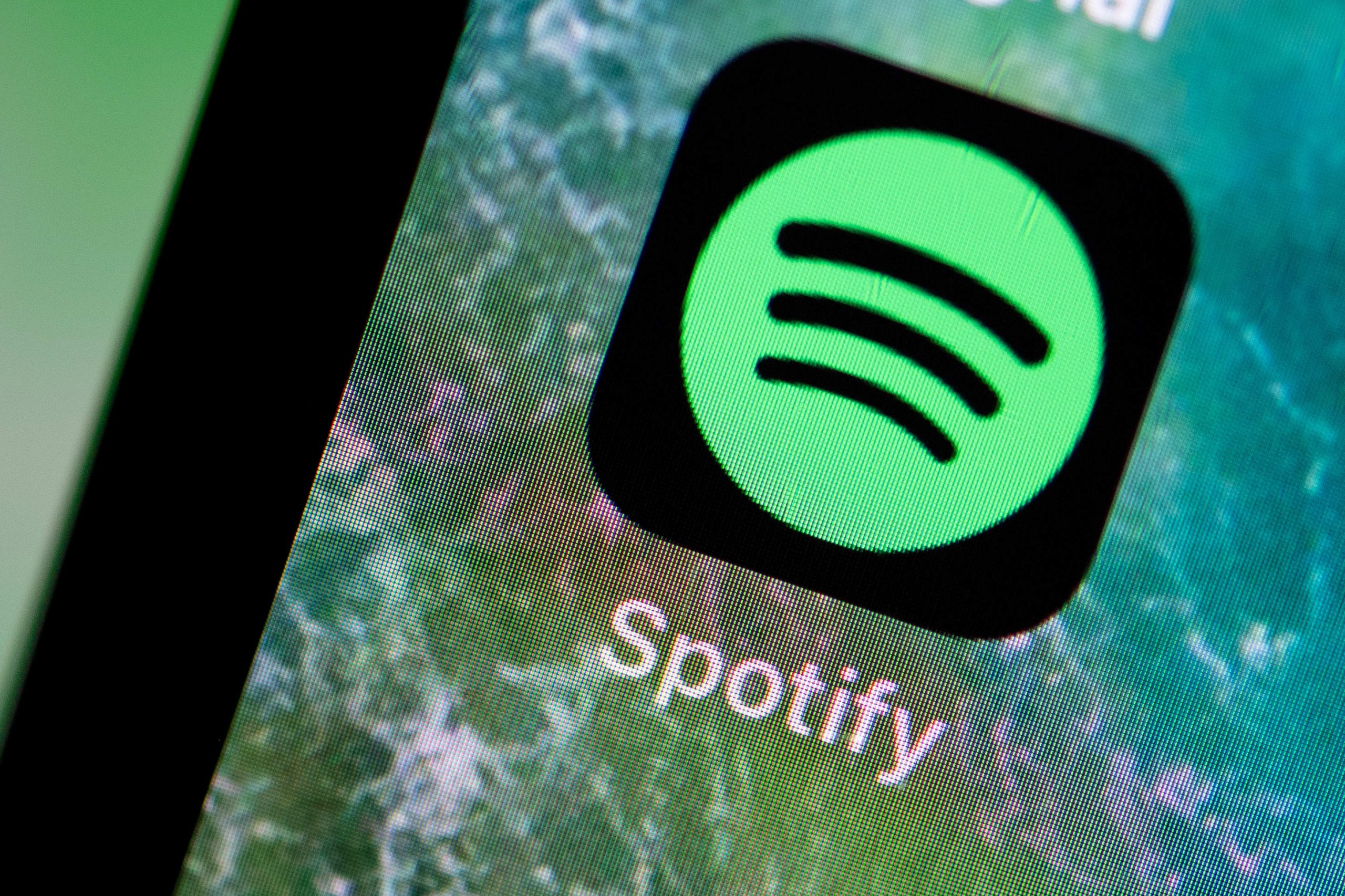The music streaming giant Spotify announced today that its Chief Financial Officer Paul Vogel will be leaving the company, effective on March 31, 2024. This news comes just days after Spotify unveiled its plans to lay off 17% of its global workforce, amounting to roughly 1,500 employees.
According to the official press release, Vogel’s departure came as a mutual agreement between him and Spotify CEO Daniel Ek. The written communication states that Spotify is “entering a new phase and needs a CFO with a different mix of experiences”.
Ek praised Vogel’s “steady hand” in supporting business expansion through many periods of uncertainty. However, highlighted that the company’s decision will help it “accelerate” its efforts to deliver the goals it outlined in its latest Investor Day.
In the meantime, Vice President of Financial Planning and Analysis Ben Kung will take on Vogel’s duties until a replacement is found. Spotify has commenced an external search for Vogel’s successor.
New CFO to Tackle New Challenges in a Markedly Different Macro Landscape
The timing of this CFO transition, closely following mass layoffs, signals intensified efforts by Spotify leadership to rein in costs and boost efficiency. As noted in Ek’s memo to employees, Spotify ramped up investments and hiring during 2020-2021 to fund growth initiatives, aided by readily available and relatively cheap capital.
However, the economic landscape has since radically shifted, with slowing growth, surging inflation, rising interest rates, and fading investor risk appetite. This has forced a strategic shift by Spotify (SPOT) to align costs with “market expectations” – which can be interpreted as code for boosting profitability and demonstrating financial discipline to appease shareholders.
Shedding 1,500 jobs is an effort to reduce operating expenses and eliminate perceived excess capacity and offloading CFO Vogel simultaneously opens the door for new financial leadership attuned to this intensified focus on costs, margins, and generating returns for investors.
Vogel had been with Spotify since 2016 after spending some time on Wall Street and a brief stint at a startup company. He started in the Investor Relations team and also led the Financial Planning & Analysis department that Kung is now heading.
He helped guide Spotify through tumultuous phases, including its 2018 direct listing and subsequent years of heavy spending on podcasts and audiobooks to expand business lines.
But now, Spotify needs a finance chief to engineer a leaner operation that can be adequately optimized to generate substantial profits in a vastly different economic climate than that seen during Vogel’s early years. Trimming the company’s headcount by double-digit percentages marks a milestone and could be interpreted as a ‘sign of the times’ for the music streaming company.
The Scale of Layoffs Signals Urgency of Strategic Shift
Ek’s memo to staff illustrates the pressing need perceived by the leadership team to downsize rapidly. Although the company’s financial results in Q3 2023 beat expectations, Ek admitted “much of this output was linked to having more resources” coupled with inadequate efficiency.
Having overinvested during an era of easily accessible capital, Spotify now sees itself as a company with a cost structure that is still too big relative to its goals. Ek observed bluntly that despite strong platform growth last year, he perceives the business as one that is being “more productive but less efficient”.
Also read: Spotify Statistics 2023 — Data on Artists, Usage & Revenue
Hence, his decision to cut 17% of all staff, rather than incremental cuts stretched over 2024-2025. Such substantial and rapid rightsizing in turn requires an executive team attuned to the operational transformation. As Ek wrote, “we need to change how we work” to rediscover the “ingenuity and creativity” that once distinguished young Spotify.
The new target is for Spotify to become “relentlessly resourceful” in how it innovates and tackles challenges. This entails eliminating perceived excess capacity and directing maximum resources towards value-driving creators and consumers. Only the most essential investments will move forward under stricter return requirements.
While the messaging speaks of optimism and opportunity, unambiguous language of “rightsizing”, “reductions”, “severance”, and “departures” used in both the press release and internal memo signal unambiguous restructuring goals. Vogel was the financial steward of Spotify’s growth maximization years but his successor must take the reins to slash costs and streamline operations.
Vogel Departs Amid Wider Media Industry Cuts
Of course, Spotify is hardly alone among media platforms acting to remove pandemic-era excess capacity. Disney, Amazon, Google, Microsoft, and Meta Platforms (META) have collectively cut well over 50,000 jobs in recent months to trim costs. Like Spotify, these platforms invested aggressively into new content and services during the years of low interest rates, only to see their growth prospects stall amid a deterioration of the global economic outlook.
Other music streamers are facing similar issues. Spotify’s direct competitor in the space, Apple Music, reportedly expects weakening consumer demand to hit subscription growth.
This wave of downsizing sweeping both big tech and media highlights the end of a capital-rich expansion period across the sector. Leaner operations are the new mandate and Spotify’s agreed ousting of Vogel and recent personnel cuts underscores their alignment with this trend.
